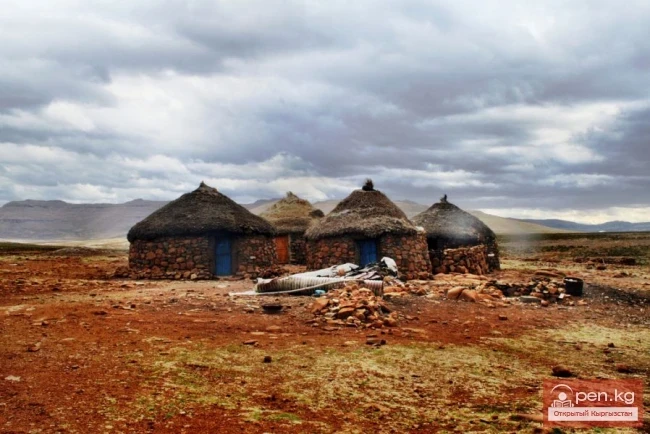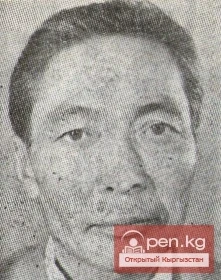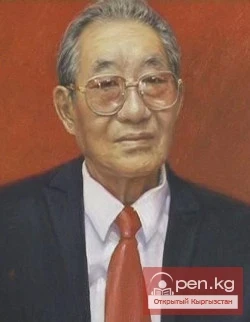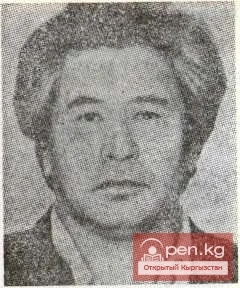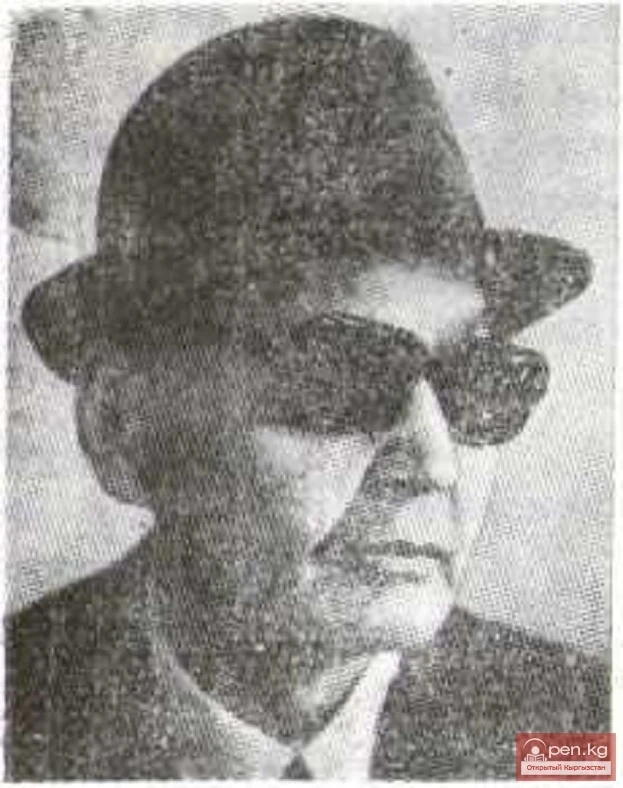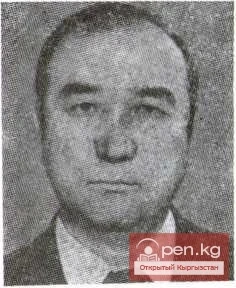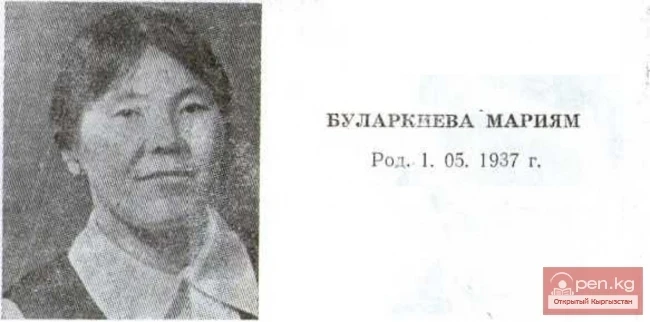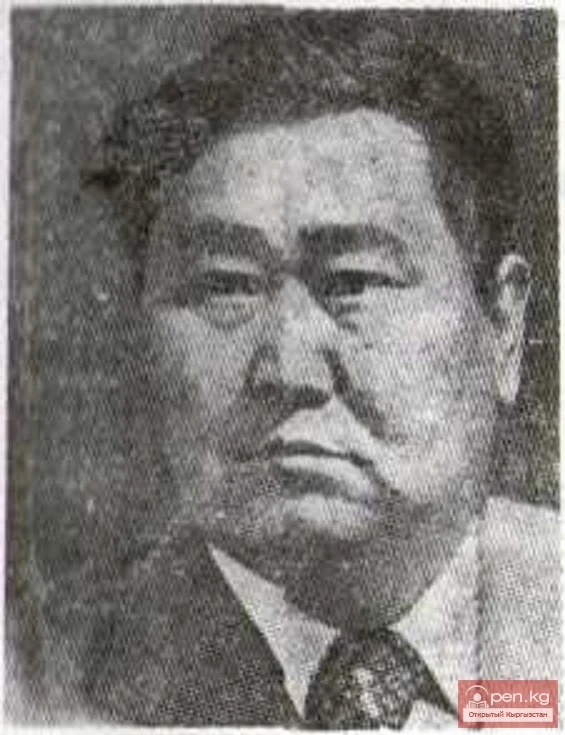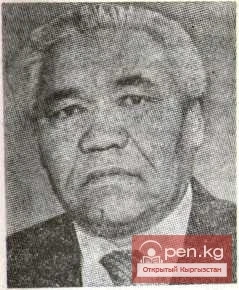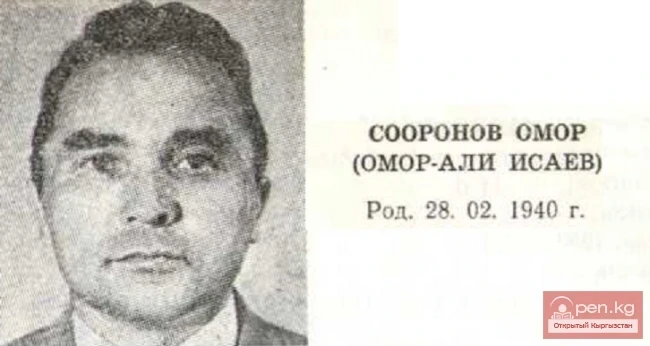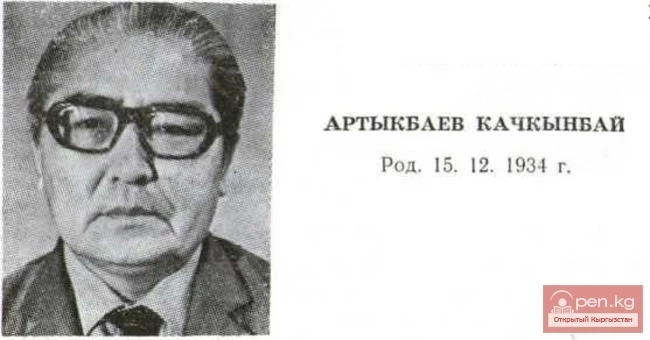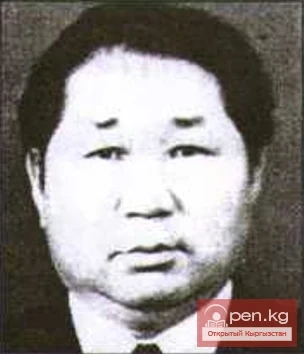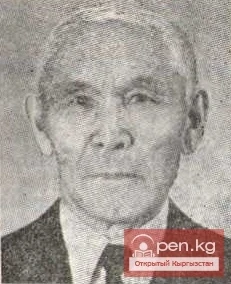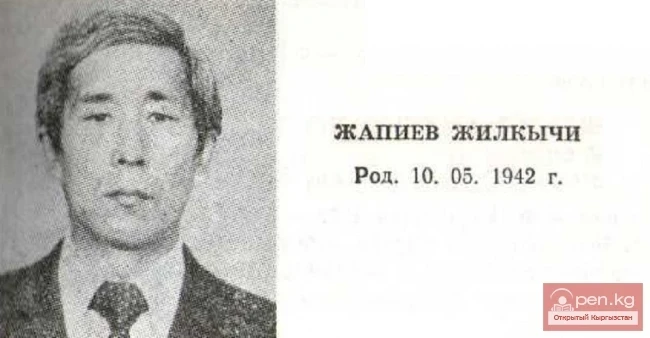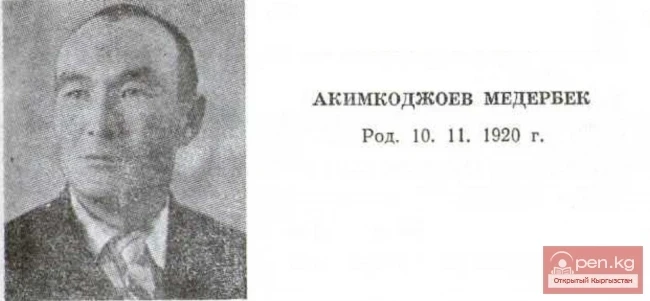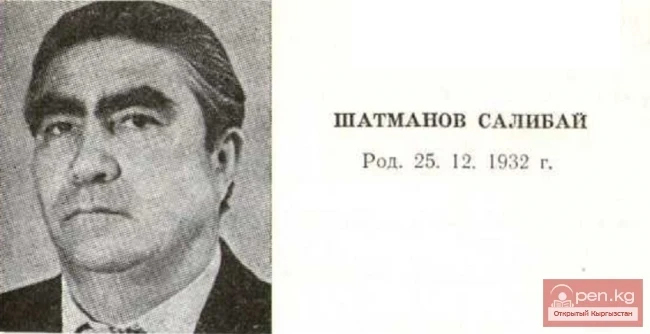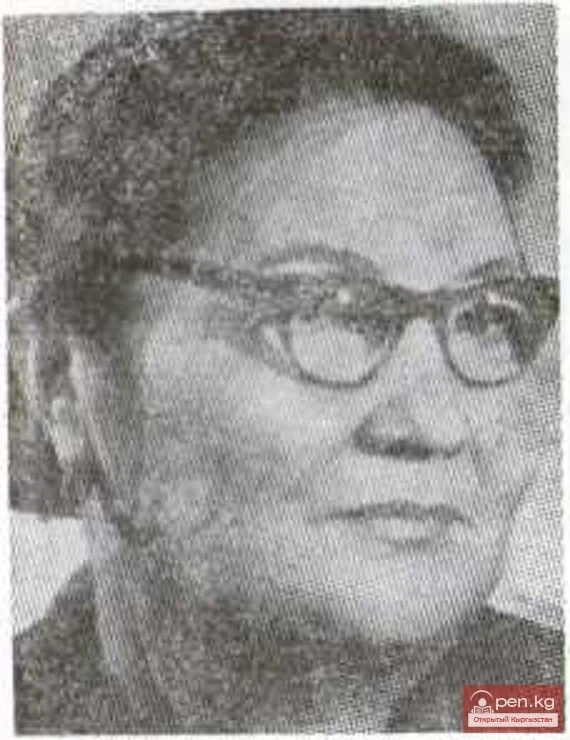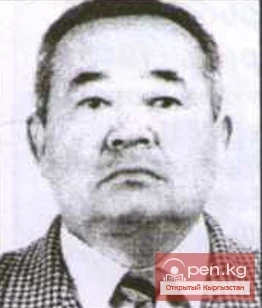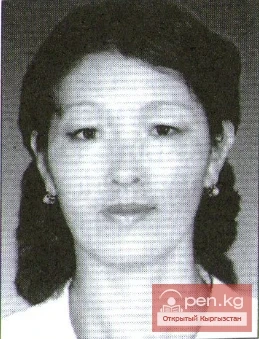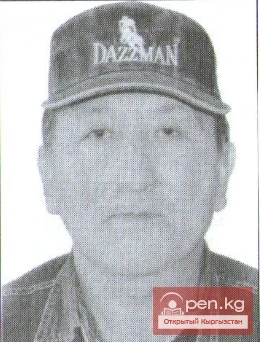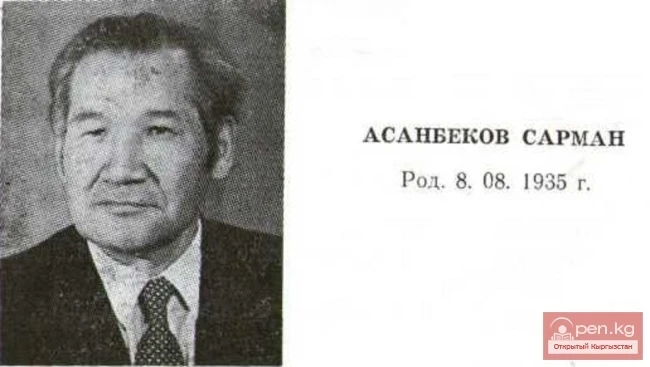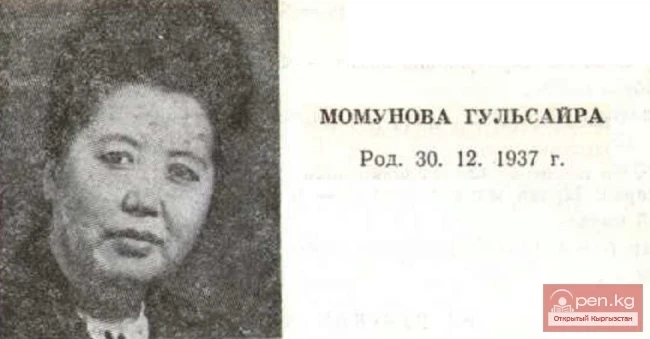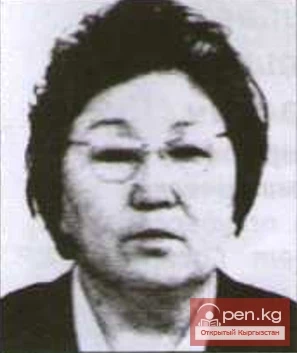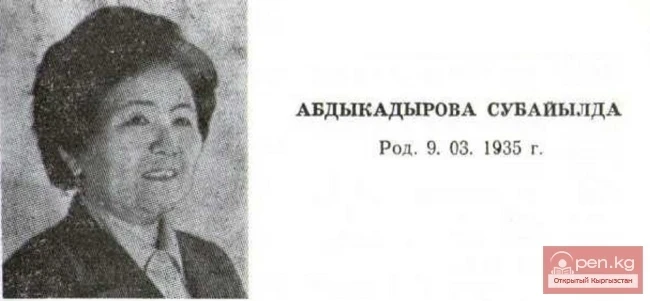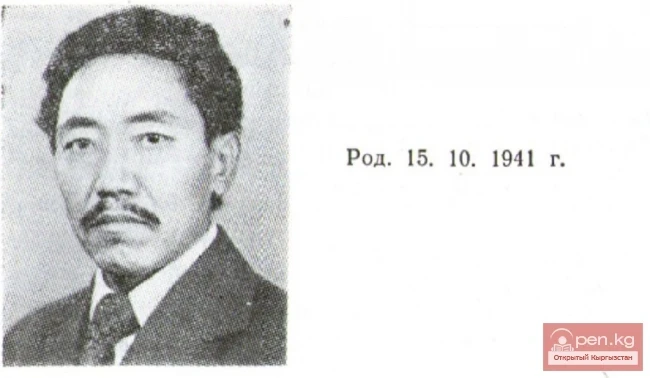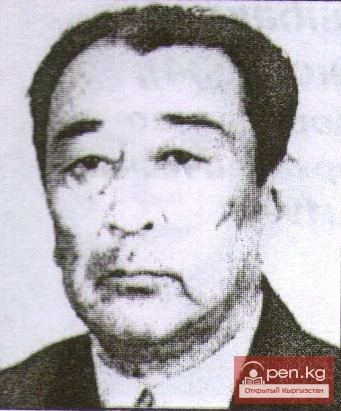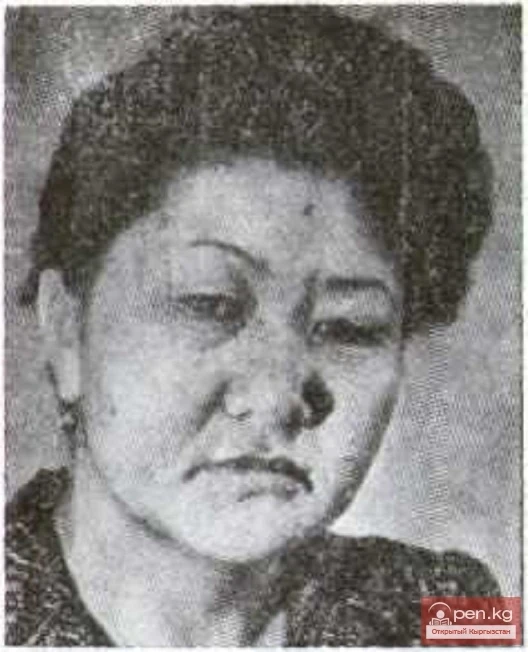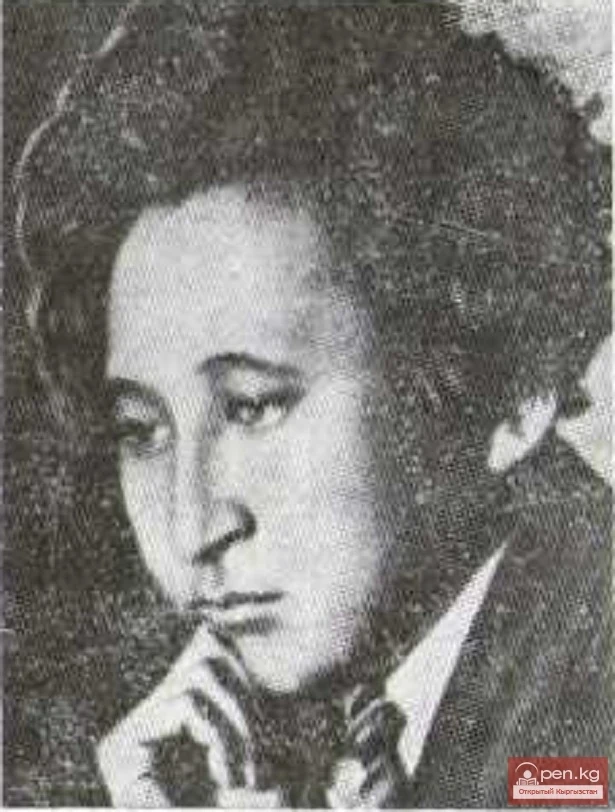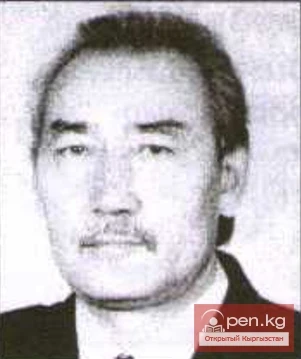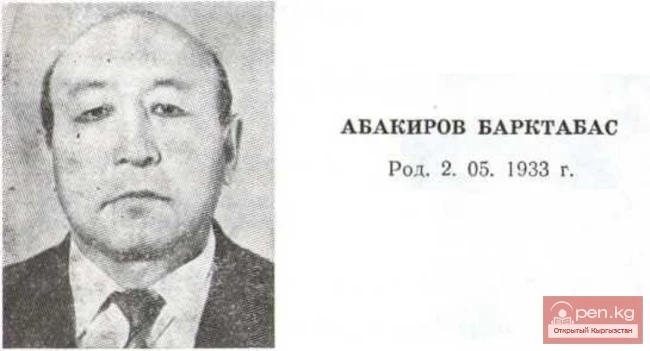LESOTHO. Kingdom of Lesotho
A state in southern Africa, an enclave surrounded on all sides by the territory of South Africa (the length of the border is 909 km). Area - 30.4 thousand km². Capital - Maseru (386 thousand). Administrative-territorial division - 10 provinces: Berea, Buta-Buthe, Leribe, Mafeteng, Maseru, Mohales' Hoek, Mohotlong, Qacha's Nek, Quthing, Taba-Tseka.
Population - 2.2 million (2003 estimate), growth rate - 1.7% per year. Population density - 71 people per km².
A significant portion (74%) lives in rural areas. Average life expectancy - 50.8 years. The majority of the population consists of Bantu Africans, primarily Sotho - 99.7%. There are about 2,500 Europeans and people of Asian descent living in the country.
Official languages - Sotho and English, with Zulu and Xhosa also widely spoken. Religion: 80% of the population are Christians (Catholics and Protestants), the rest adhere to local traditional beliefs. Currency - Loti (plural - Maloti), equivalent to the South African Rand (1 USD = 6 Maloti). The South African Rand is also in free circulation in Lesotho.
It has diplomatic relations with the Russian Federation (established with the USSR on February 1, 1980).
National holiday - October 4 - Independence Day (1966).
Government structure - constitutional monarchy. The head of state is King Letsie III, who, according to the constitution (1993), does not possess executive or legislative power, serving as a "symbol of national unity."
The highest legislative body - parliament, consisting of the Senate (upper house - 33 members: 22 of them are traditional leaders, 11 are representatives of the ruling party) and the National Assembly (lower house of 120 representatives, elected for 5 years through universal direct elections). The chairperson of the Senate is S. Lejaha.
The chairperson of the National Assembly is N. Motsamai. Since 1998, the government has been headed by Prime Minister Pakalitha B. Mosisili (re-elected in 2002).
From 1868 to 1966, the Kingdom of Lesotho was under British protectorate. On April 30, 1965, the country gained internal self-governance, and on October 4, 1966, it was proclaimed an independent state.
In 1965, the first parliamentary elections were held in Lesotho, in which the Basotho National Party (BNP) won. In 1970, in the next general elections, the main rival of the BNP - the Basutoland Congress Party (BCP) - emerged victorious. However, the Prime Minister, BNP leader L. Jonathan, declared the election results invalid, suspended the constitution, declared a state of emergency, and banned the activities of political organizations.
In January 1986, as a result of a military coup, legislative and executive power passed to the Military Council headed by General J. Lekhanya. On April 30, 1991, after another coup, Colonel E. Ramaema took over the powers of the head of state.
Under pressure from the international community, primarily from southern African countries, elections were held in Lesotho in March 1993. The BCP won with 74% of the votes. At a national forum convened at the end of 1995 with the participation of all political and social forces, measures were developed aimed at stabilizing society. Preparations began for parliamentary elections in 1998.
In 1997, a new party split from the BCP - the Congress for Democracy Lesotho (CDL) led by N. Mokhehle. A new cabinet was formed.
On May 23, 1998, general elections were held in the kingdom. Their democratic nature and transparency were confirmed by members of the Independent Electoral Commission and international observers. As a result of the elections, the CDL received an overwhelming majority of votes and won 79 out of 80 seats in parliament.
On May 25, 2002, the ruling Congress for Democracy Lesotho led by Prime Minister P. Mosisili won the parliamentary elections with a significant advantage, securing a parliamentary majority (77 seats out of 120), which allowed it to form a new government. The second-largest party in terms of seats is the opposition Basotho National Party (21 seats, leader - J. Lekhanya). Several other parties of various political and ethnic orientations are also represented in parliament.
Political parties: ruling - Congress for Democracy Lesotho (founded in 1997). Most influential parties: Basotho National Party (leading opposition party, founded in 1959), Basutoland Congress Party (founded in 1959), Labour Party United Democratic Alliance (founded in 1969), Marematlu Freedom Party (founded in 1962), National Independence Party (founded in 1962).
The official foreign policy course of Lesotho is non-alignment. On most global issues, the country adheres to the position taken by the moderate wing of the Non-Aligned Movement (NAM). It does not show particular activity in international forums. Lesotho has been a member of the UN since 1966, of the Non-Aligned Movement since 1966, of the Southern African Customs Union (SACU), and of the Southern African Development Community (SADC).
Lesotho is an agrarian country and is among the least economically developed countries in the world. The basis of the economy is agriculture and livestock farming. The Lesotho economy is significantly dependent on South Africa.
The country has small deposits of diamonds, coal, quartz, and uranium. There is significant energy potential concentrated in mountain rivers, but it is underutilized. Great hopes in Maseru are pinned on the implementation of a joint project with South Africa for the construction of a large "Highland Hydropower Complex."
More than 70% of the working-age population (about 575 thousand) is engaged in agriculture. Approximately 30% of the country's land is suitable for agriculture, but only 9% is cultivated. Major crops: corn, sorghum, wheat, barley, asparagus. Livestock farming is well developed (cattle - 640 thousand heads), wool and mohair production (sheep - 1.5 million heads and goats - 1 million heads).
Industry (about 10% of GDP) is represented by small and medium enterprises processing raw materials, employing less than 7% of the working population. Since 2000, after a prolonged period of crisis, there has been some economic revival. The growth of industrial production is mainly due to the development of the textile industry, where Asian companies (in particular, Taiwanese) are active, focused on exports to the USA. Since April 2001, Lesotho has been among the countries benefiting from the trade preferences of the US law "African Growth and Opportunity Act" (AGOA). By 2003, the country ranked among the top African nations in textile exports to the USA.
The economically active population is about 800 thousand people. The unemployment rate is 35%.
Main export items: agricultural products, particularly wool, mohair; drinking water. 65% of exports go to SACU member countries (South Africa, Botswana, Namibia, Eswatini), 34% to North America, and 1% to EU countries. Main import items: food, fuel, machinery products, medicines, construction materials, electricity (from South Africa). 90% of imported products come from the SACU zone, 7% from Asian countries, and 3% from EU countries.
Foreign investors, mainly from South Africa, participated in the privatization of state corporations conducted by the Lesotho government. In key sectors of the kingdom's economy, South African companies and banks (Standard Bank, Telecom) dominate, as well as ESCOM - a state corporation that holds a monopoly on electricity production in South Africa. Branches of several companies from the USA, England, Germany, and Taiwan producing export products operate in the country, employing about 7 thousand people.
The country's external debt is $677 million. Lesotho is characterized by a chronic budget deficit, which is mainly covered by foreign aid. The main sources of state revenue are receipts from the country's activities in the Southern African Customs Union (SACU), foreign aid, and funds from Lesotho citizens working in South Africa (70 thousand people in 2002).
Tourism in the 1990s became the most important source of foreign currency after remittances from migrant workers in South Africa. The main flow of tourists comes from South Africa (up to 200 thousand people per year).
There are 5,200 km of roads (with a hard surface - 2,100 km). 20 km from Maseru is the international airport named after Moshoeshoe. There are also about 40 runways. The only international flight from Maseru to Johannesburg is operated by a South African company. The national company "Air Lesotho" ceased to exist in 1999. A railway line has been laid from the capital to the border with South Africa.
Primary education is compulsory and free, provided by three Christian missions: Evangelical, Catholic, and Anglican, under the Ministry of Education, Vocational Training, Sports, Culture, and Youth Affairs. Lesotho has one of the highest literacy rates in Africa - over 70% of the population. Secondary education, divided into two stages, covers only 17% of children of the corresponding age. More than 3 thousand students study at the National University of Lesotho. Education expenditures account for 20% of the budget.
The country publishes 4 periodicals, the largest being in Lesotho: the newspapers "Moeletsi oa Basotho" and "Leselinyana la Lesotho" (each with 30 thousand copies). There is a government information agency in Lesotho - LENA.
A state radio station operates, and national television was established in 1988.
